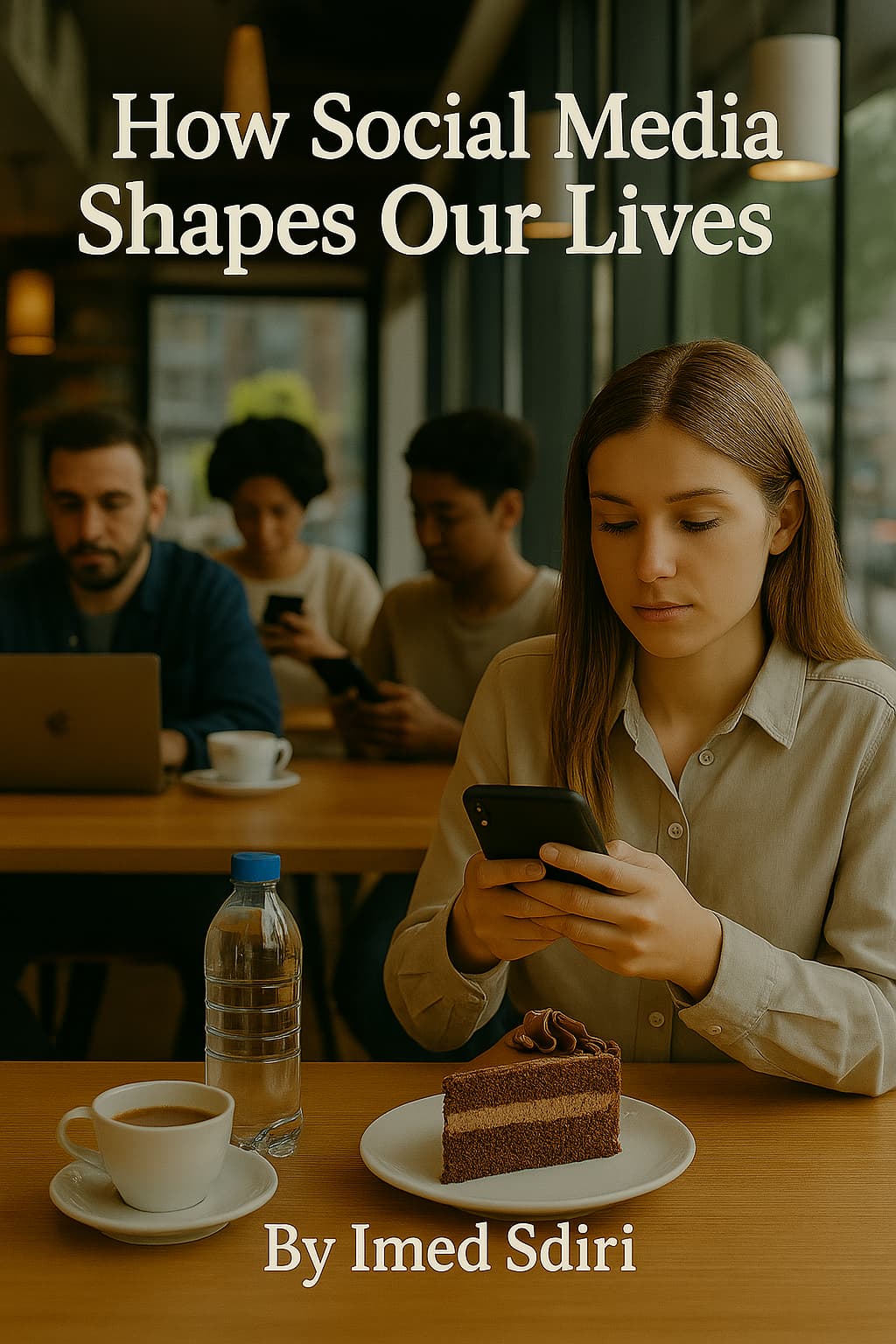In today’s fast-paced digital world, social media platforms have become more than just tools for sharing photos or staying in touch with friends. They are powerful forces that influence how people communicate, learn, shop, and even construct their identities. While these platforms offer countless benefits, they also raise important concerns related to mental health, privacy, and social behavior—concerns that have been examined in various communication and psychological theories.

CEFR B2 Level
Understand specialized or technical language in a variety of complex text types. .
How Social Media Shapes Our Lives
For many users, especially adolescents and young adults, social media plays a significant role in shaping self-image. The Social Comparison Theory, developed by psychologist Leon Festinger, explains that individuals determine their own social and personal worth based on how they stack up against others. Platforms like Instagram and TikTok create environments where people constantly view curated, filtered versions of others’ lives. This often leads to unrealistic comparisons, which can damage self-esteem and contribute to mental health issues such as anxiety and depression.
At the same time, social media can empower individuals by giving them a voice and a global platform. The Uses and Gratifications Theory helps explain this by suggesting that people actively choose media channels based on their needs—for information, entertainment, social interaction, or personal identity. For example, during emergencies, social media becomes a vital space for sharing updates and mobilizing communities. Similarly, small businesses and independent creators use platforms to connect with wider audiences and bypass traditional gatekeepers like publishers or advertisers.
However, the influence of social media is not entirely positive. The rise of algorithm-driven content feeds has led to the creation of “echo chambers,” where users are exposed only to opinions that align with their own. This phenomenon is related to Confirmation Bias, the tendency to favor information that supports one’s existing beliefs. Additionally, algorithms often promote emotional or sensational content because it is more likely to be shared, even if it is inaccurate—leading to the rapid spread of misinformation.
Privacy is another growing concern. Users often underestimate how much personal data they reveal online. According to Media Ecology Theory, introduced by Marshall McLuhan, the medium itself shapes and controls the scale of human association and action. In the case of social media, this means the platforms themselves influence not just what we communicate, but how we think about communication and privacy. Although privacy settings exist, they are often complex and underutilized, leaving many users vulnerable to data collection or misuse.
In conclusion, social media is a complex and dynamic tool that can both empower and endanger. By understanding the psychological and media theories behind our online behaviors, individuals can become more conscious users. Digital literacy, self-awareness, and critical thinking are essential skills for navigating the digital landscape responsibly.